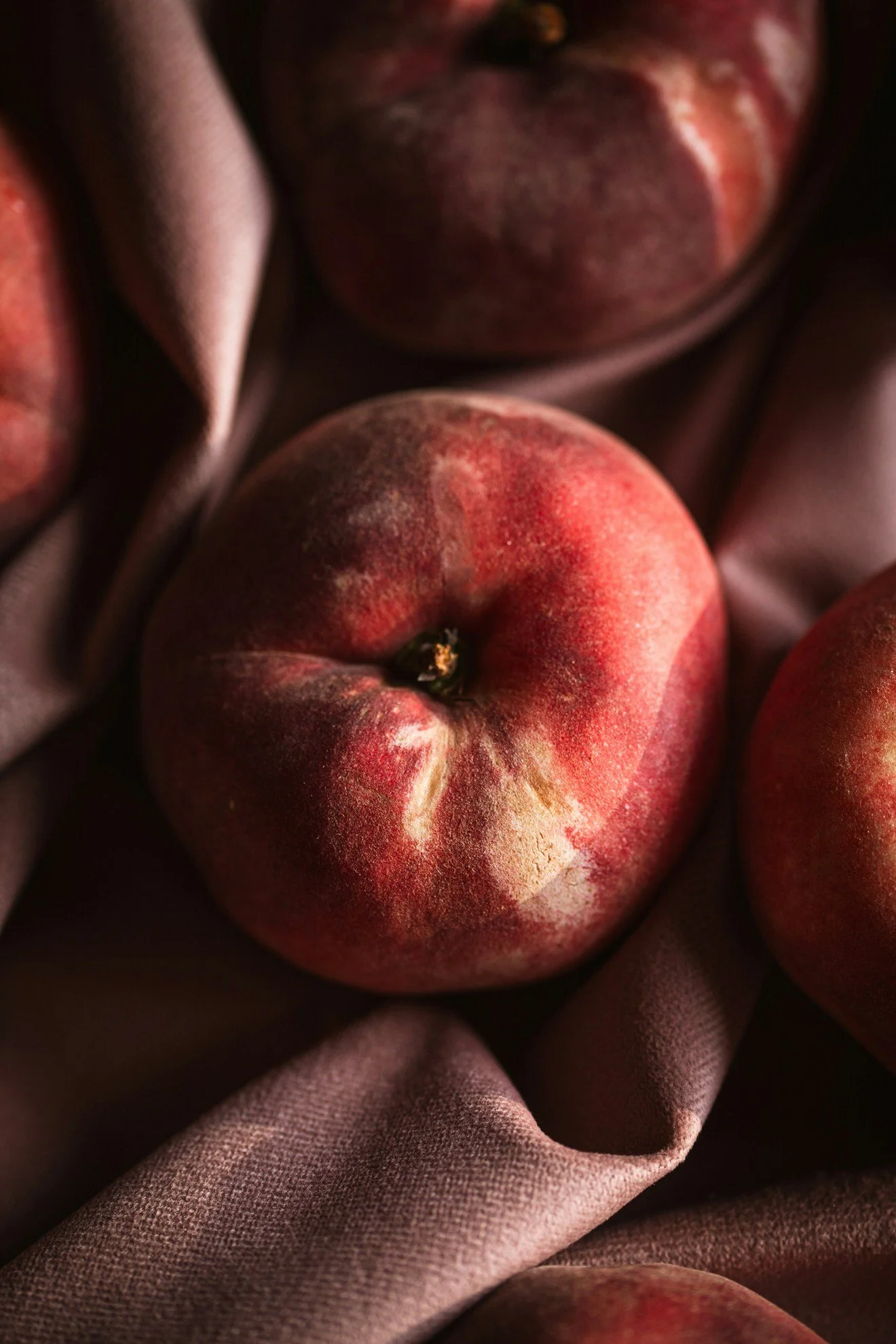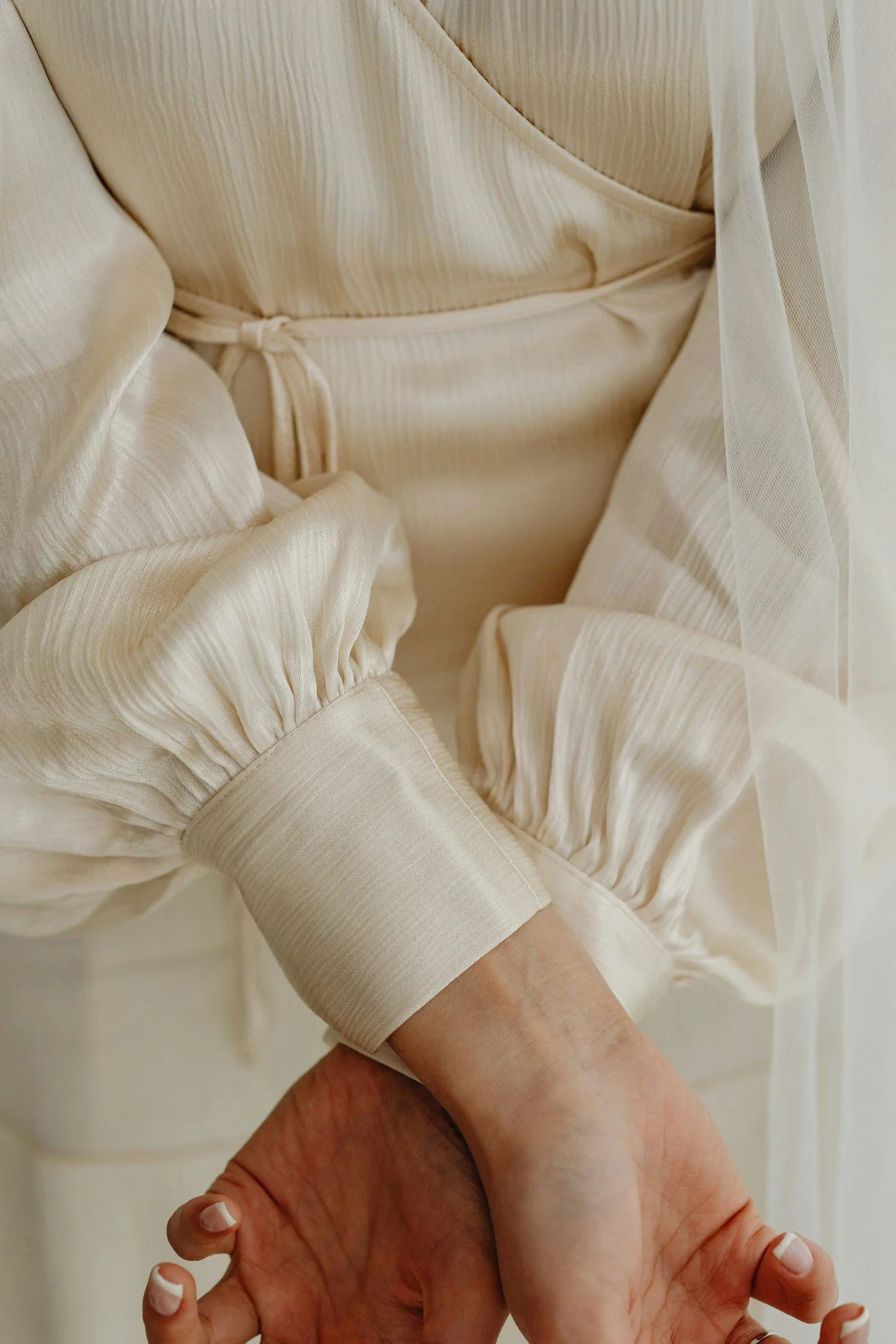Books
New Releases

The Last Daughter
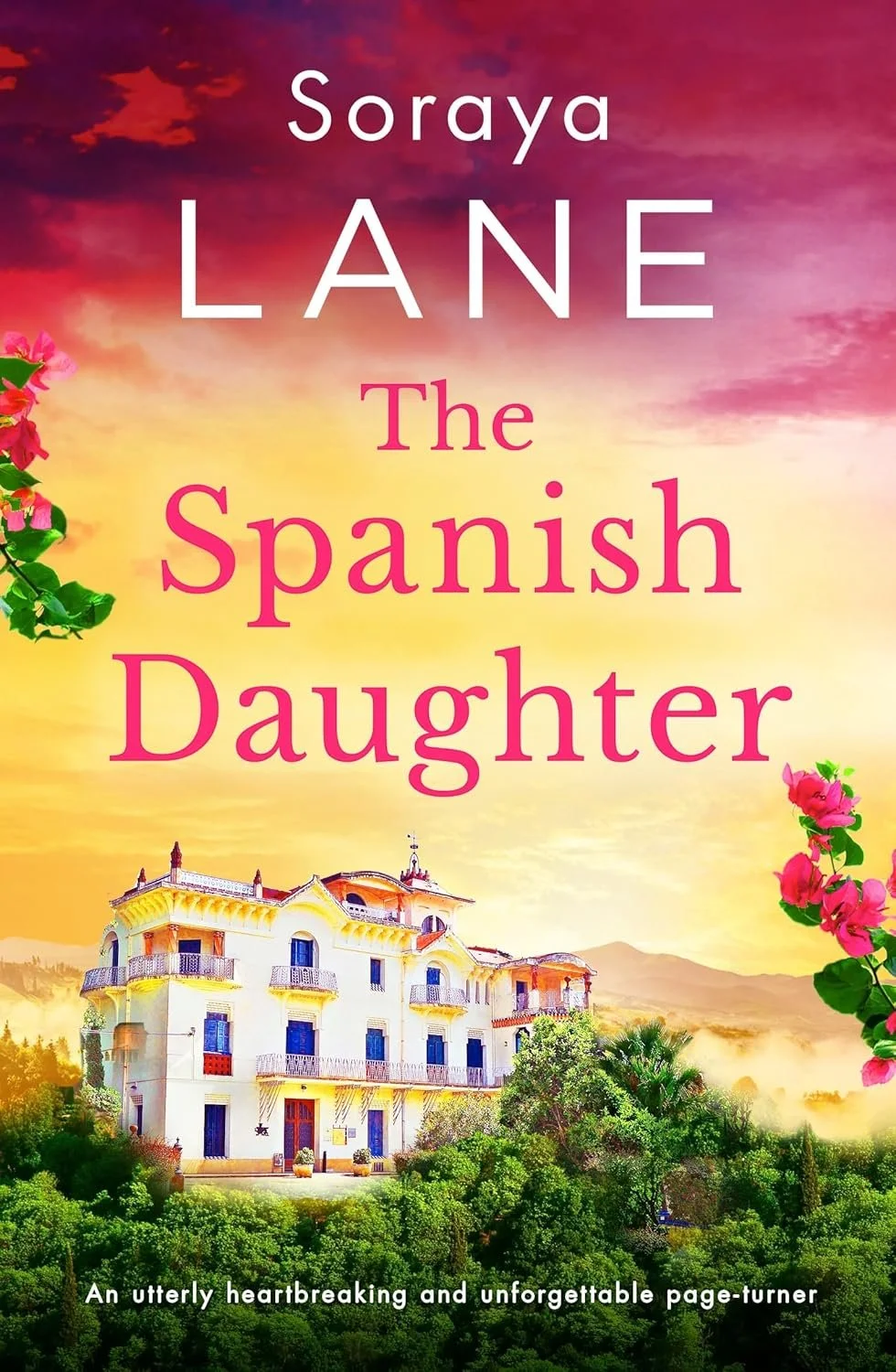
The Spanish Daughter

The Secret Librarian

The Hidden Daughter
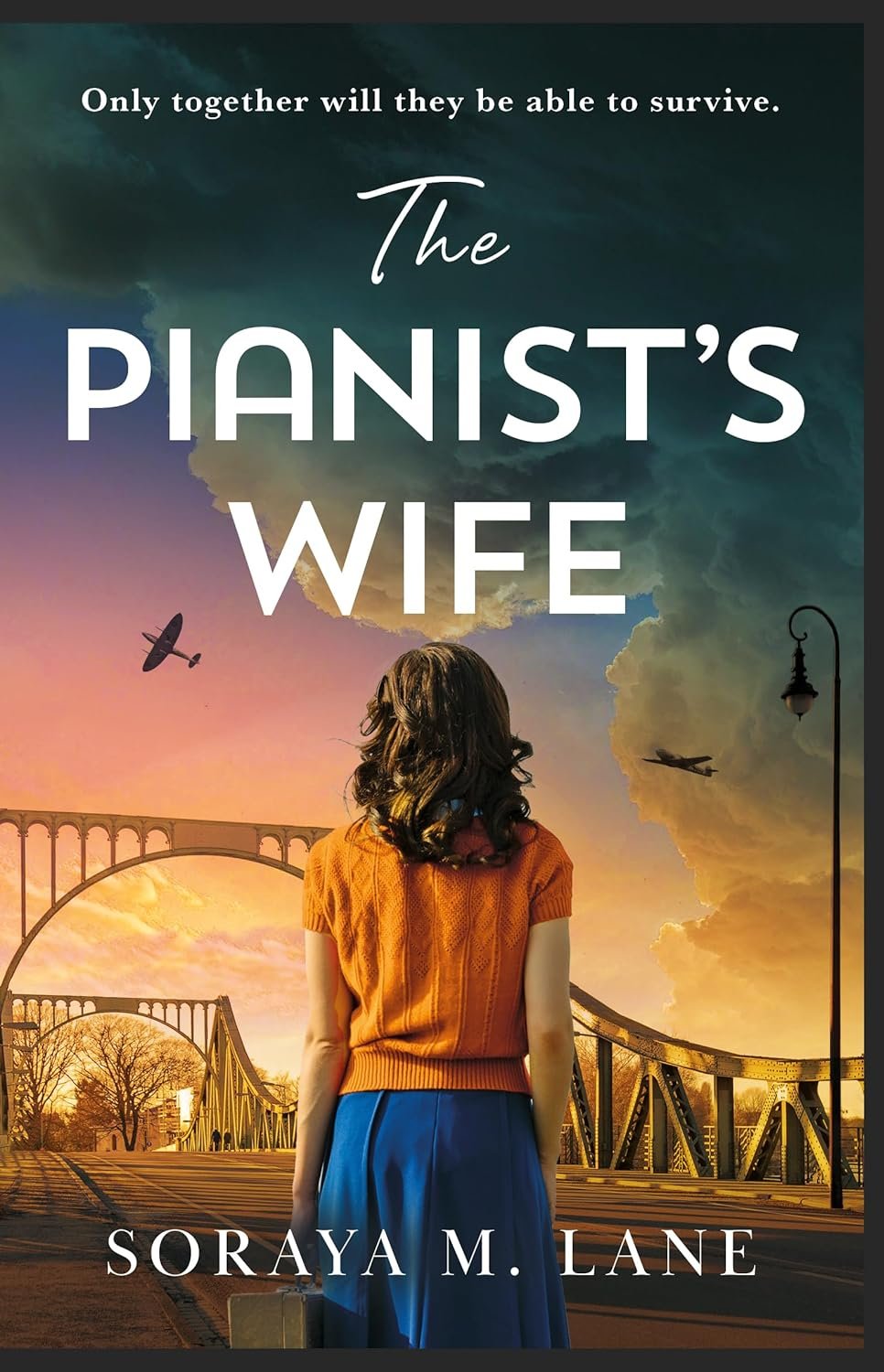
The Pianist's Wife
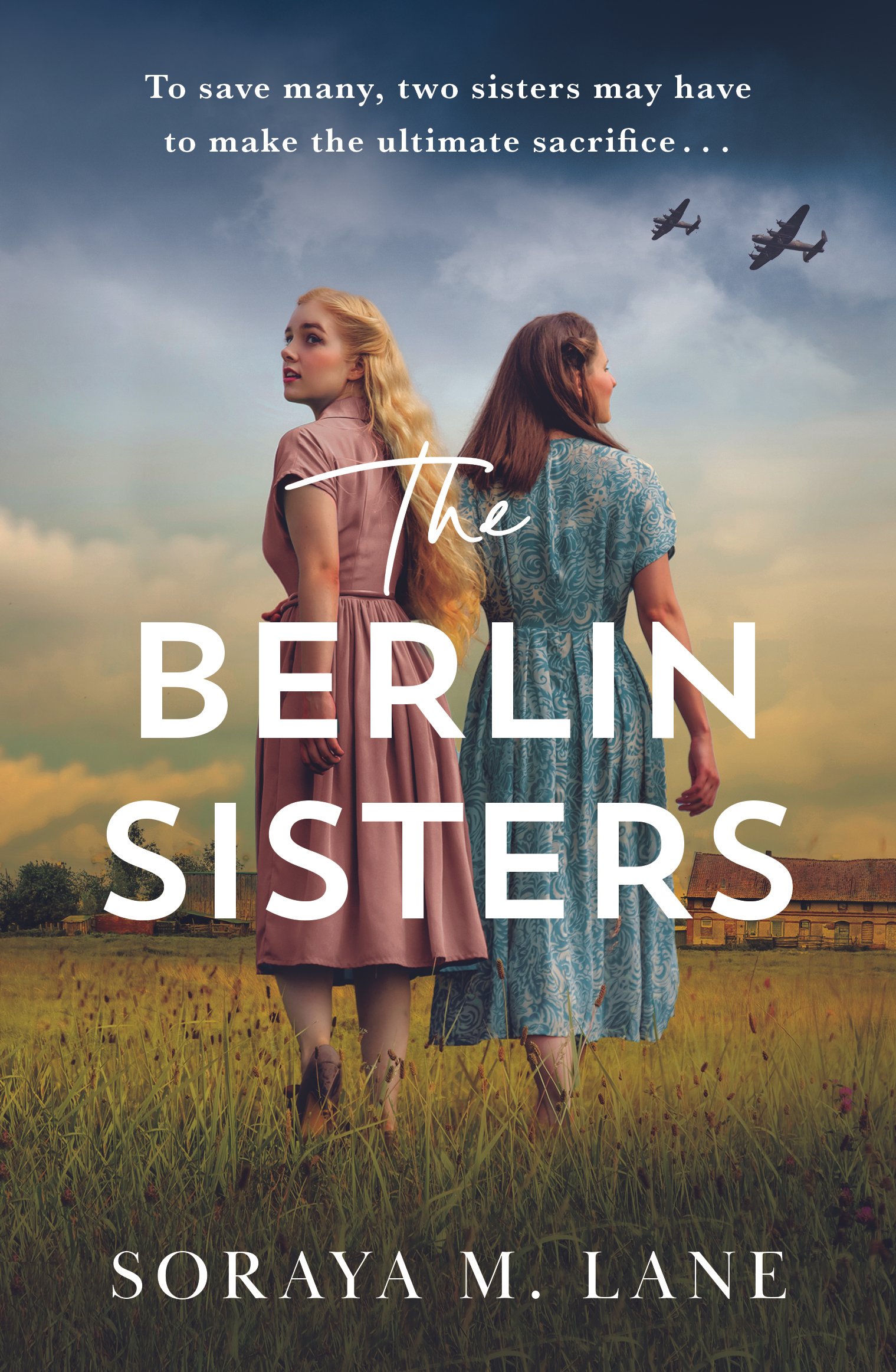
The Berlin Sisters
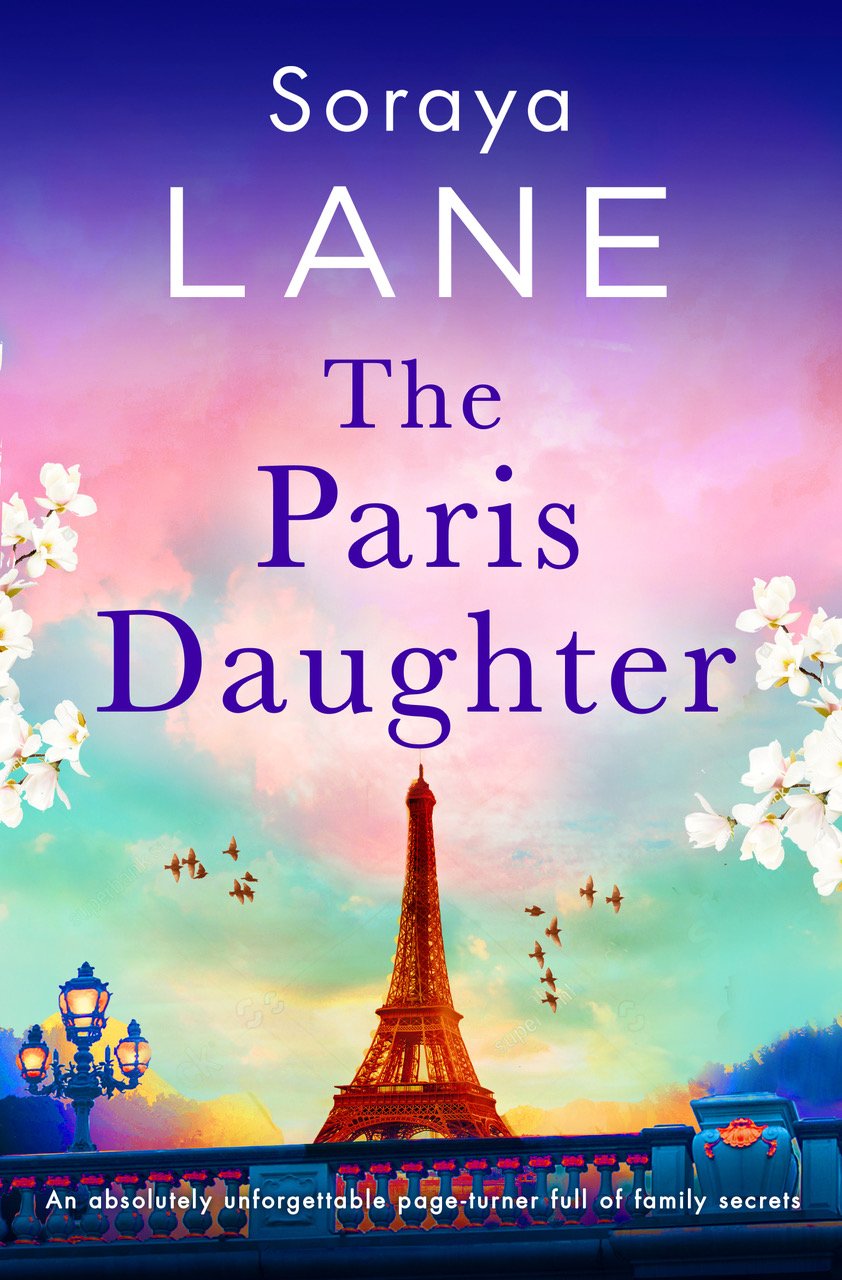
The Paris Daughter
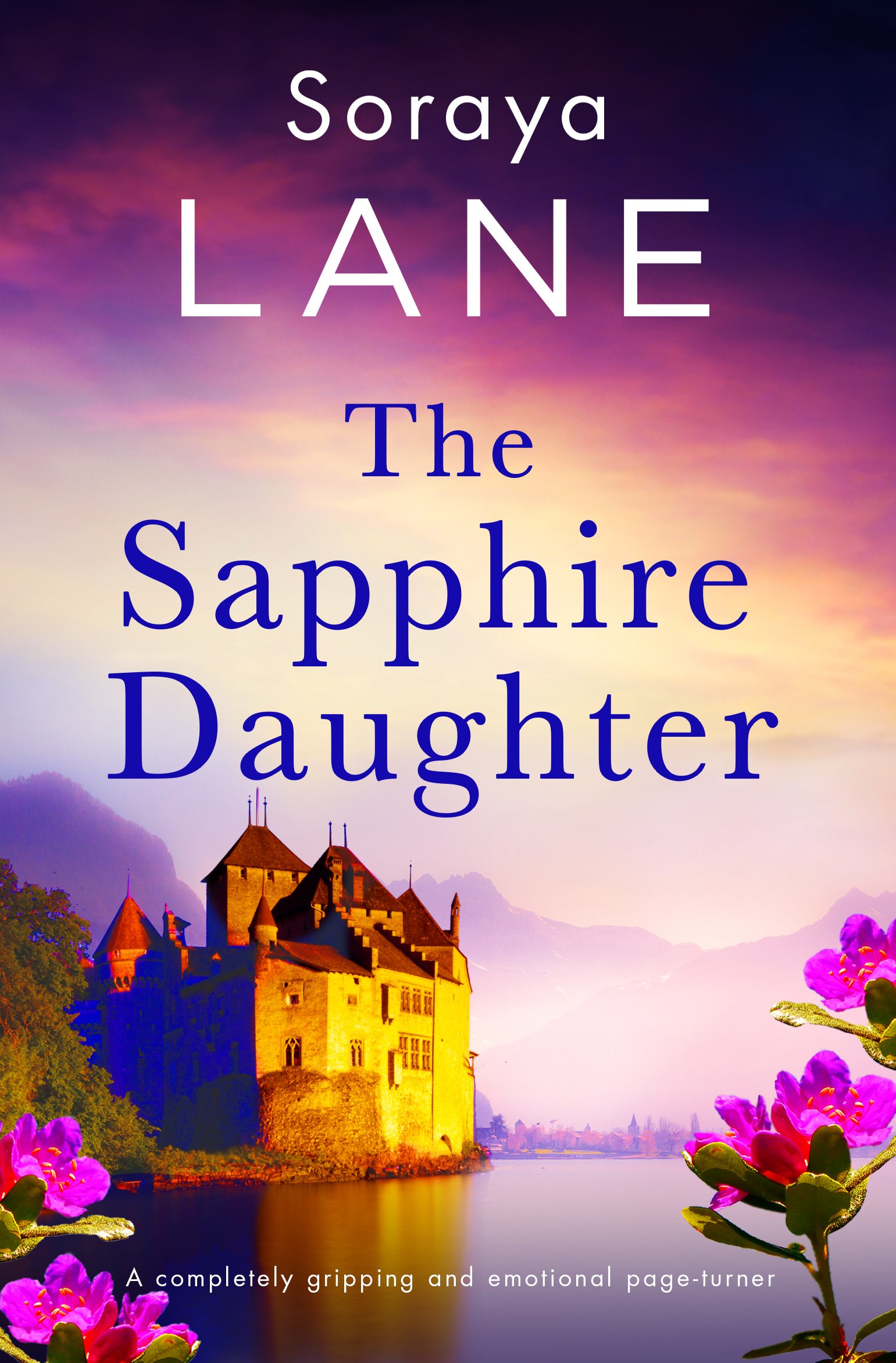
The Sapphire Daughter
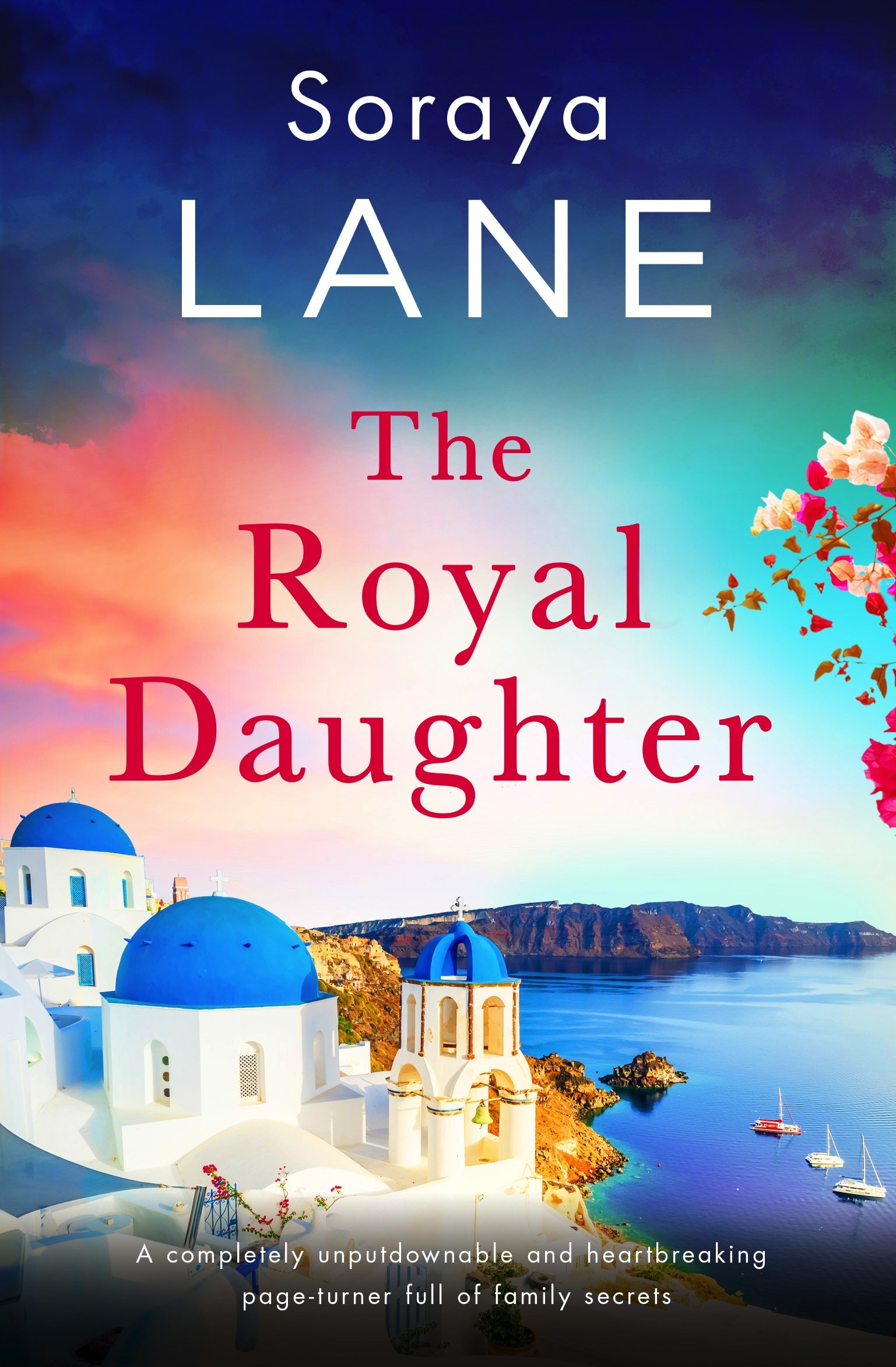
The Royal Daughter
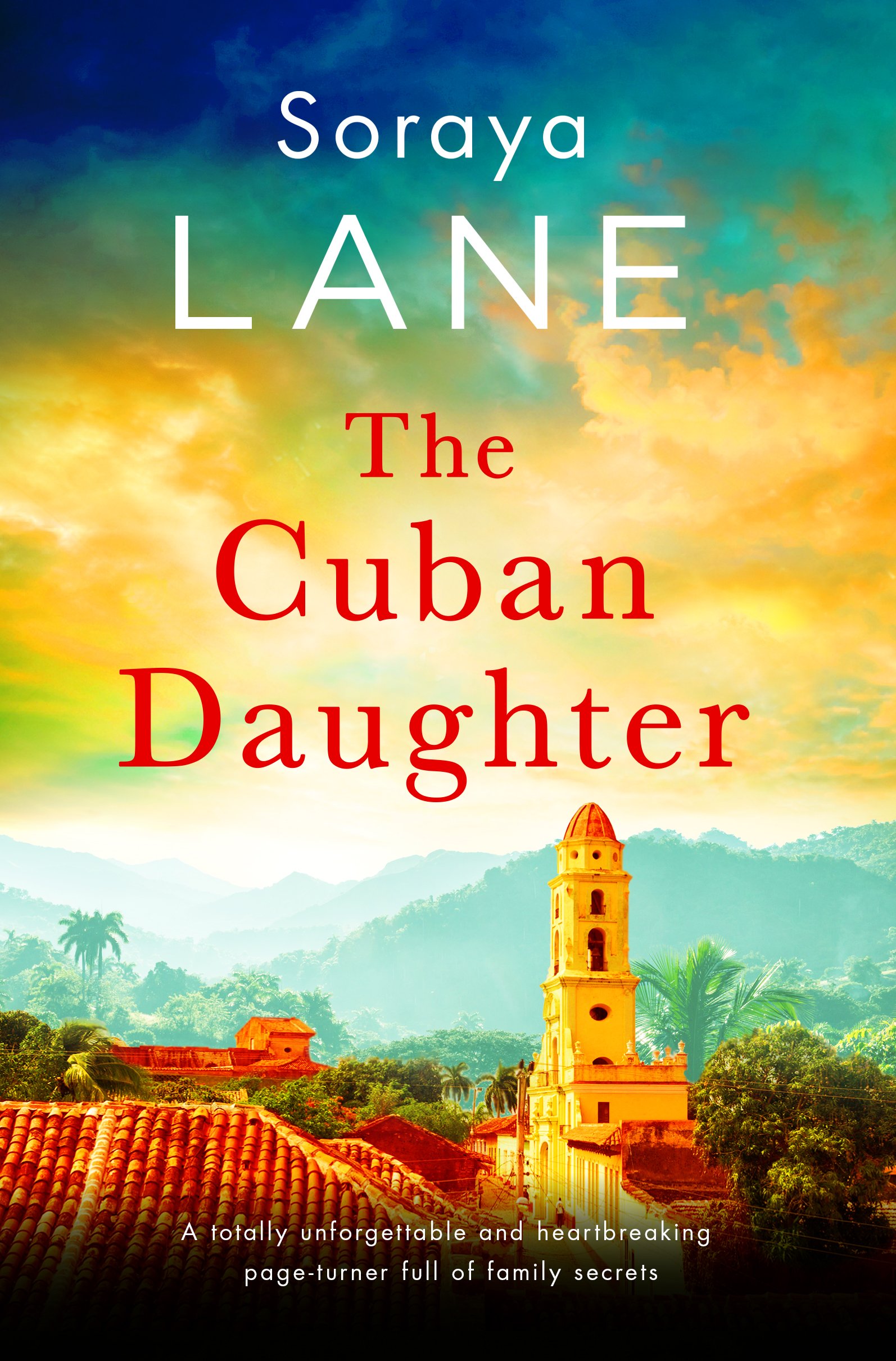
The Cuban Daughter

The Italian Daughter
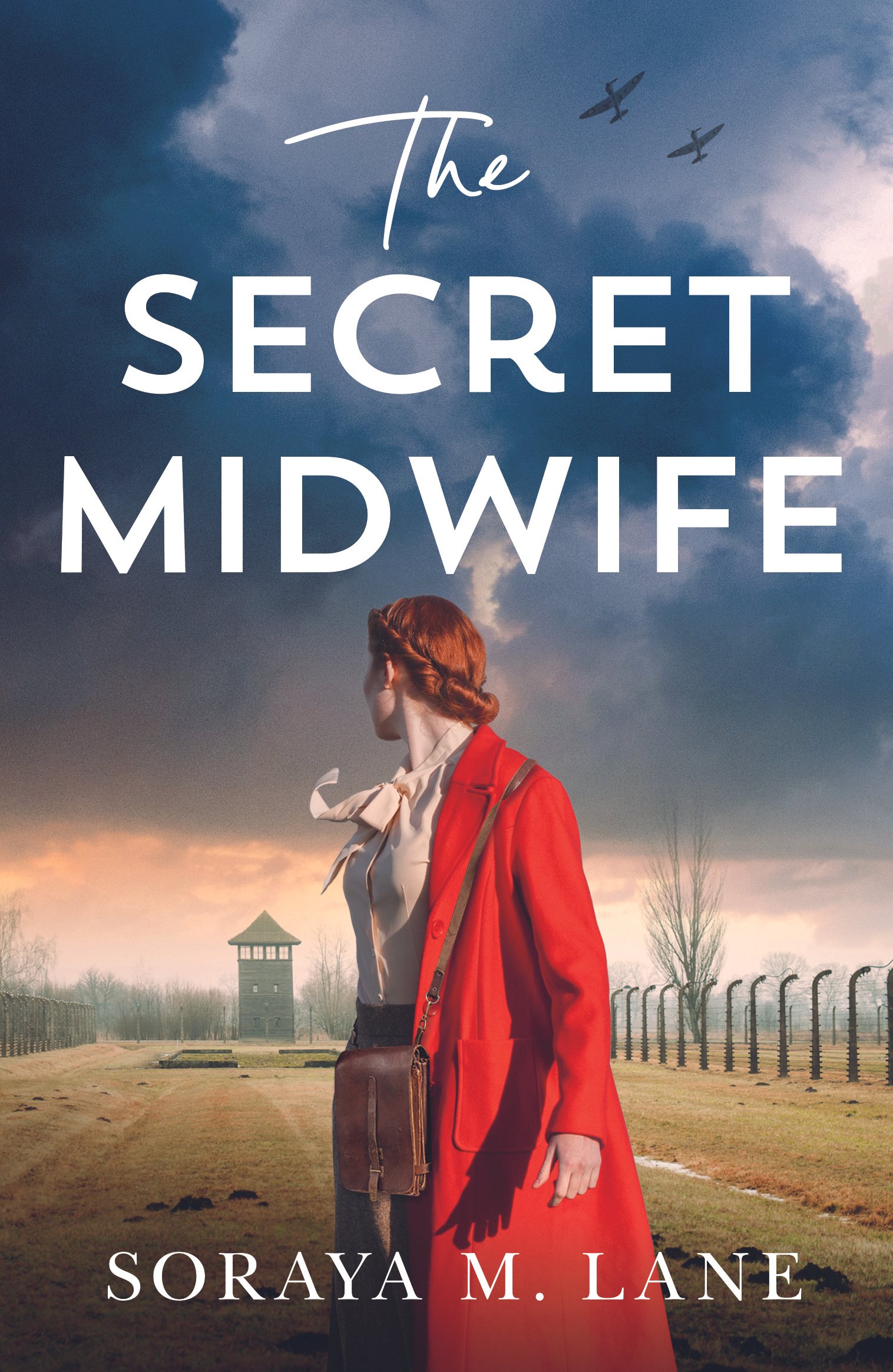
The Secret Midwife
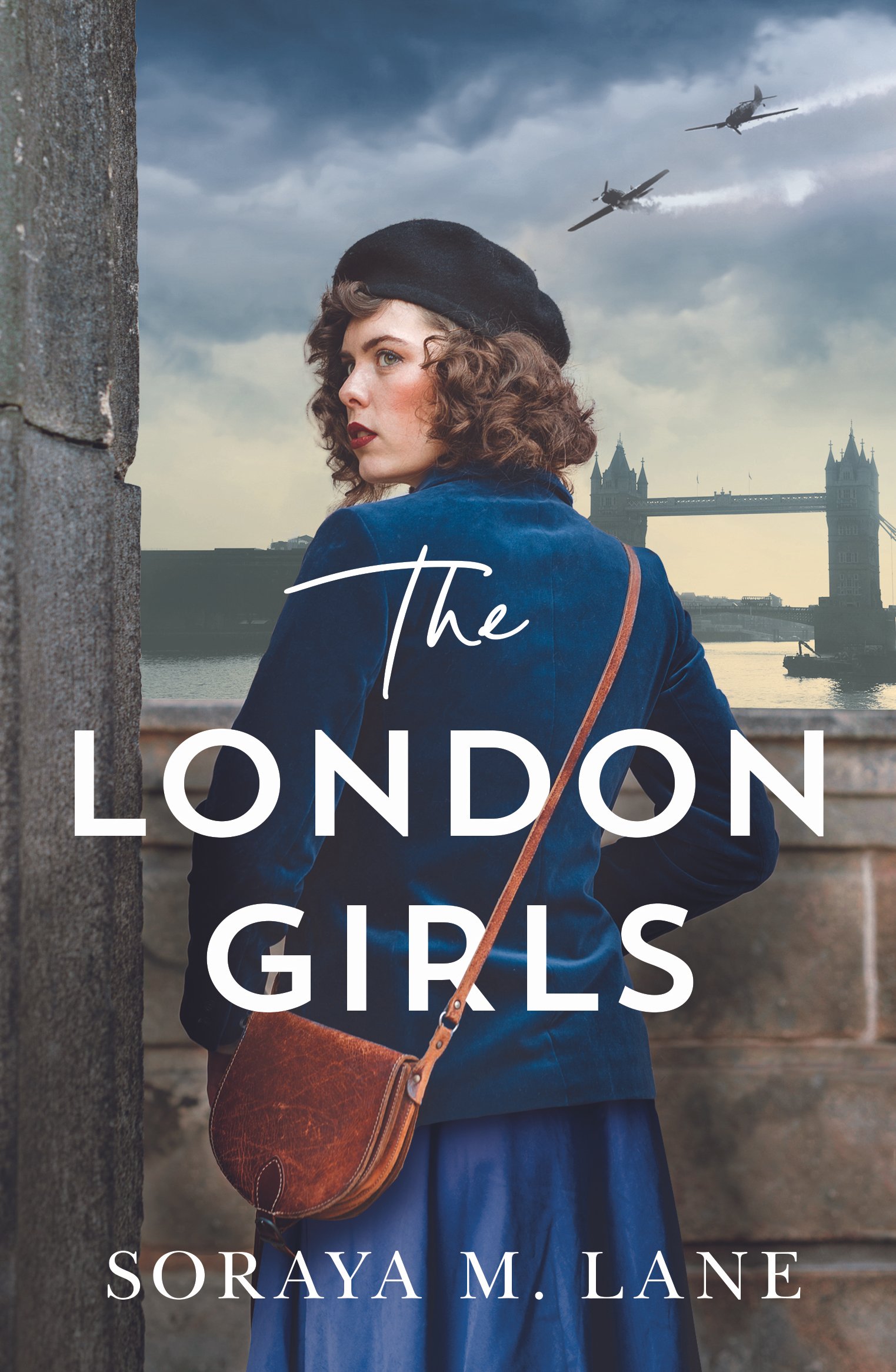
The London Girls
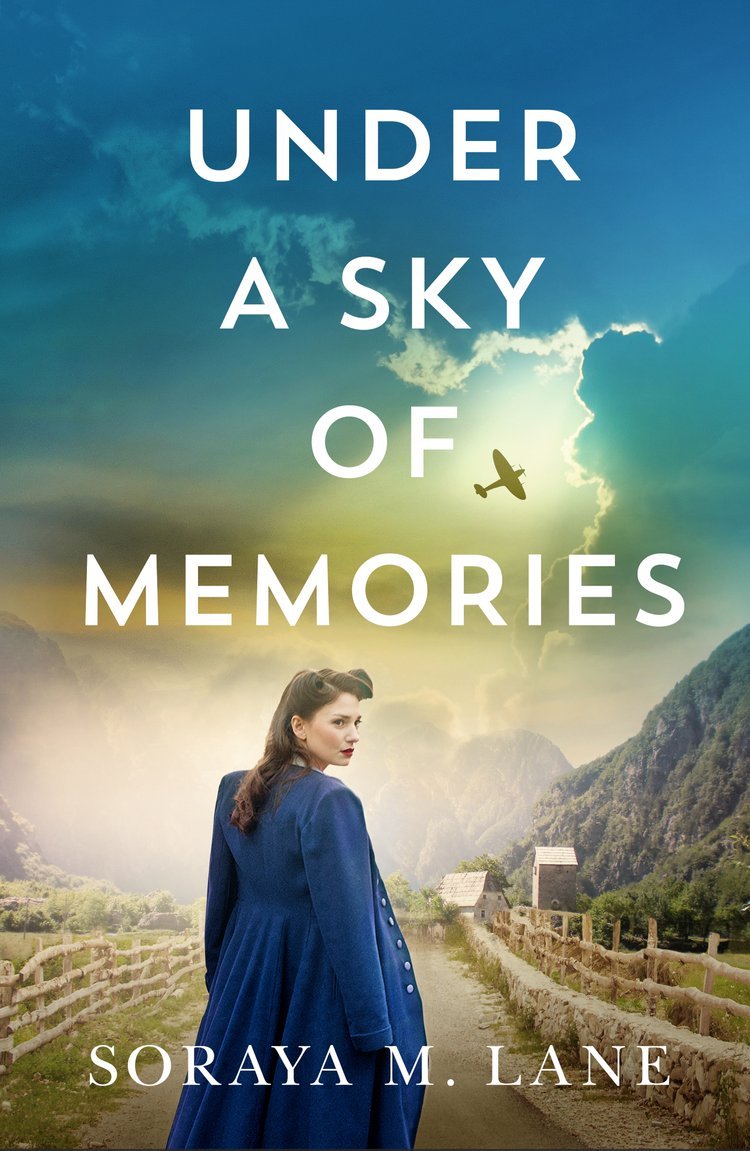
Under a Sky of Memories
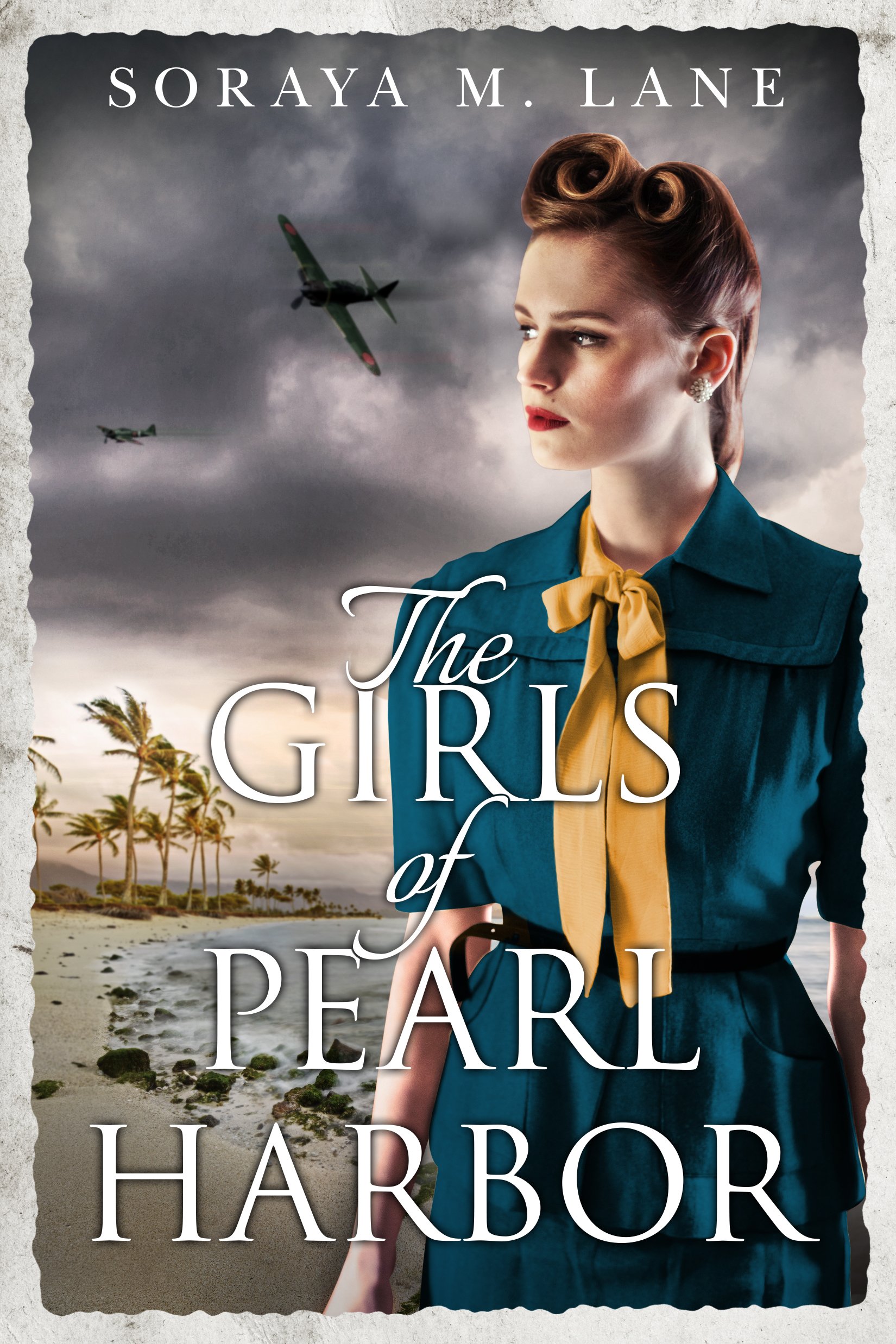
The Girls of Pearl Harbor
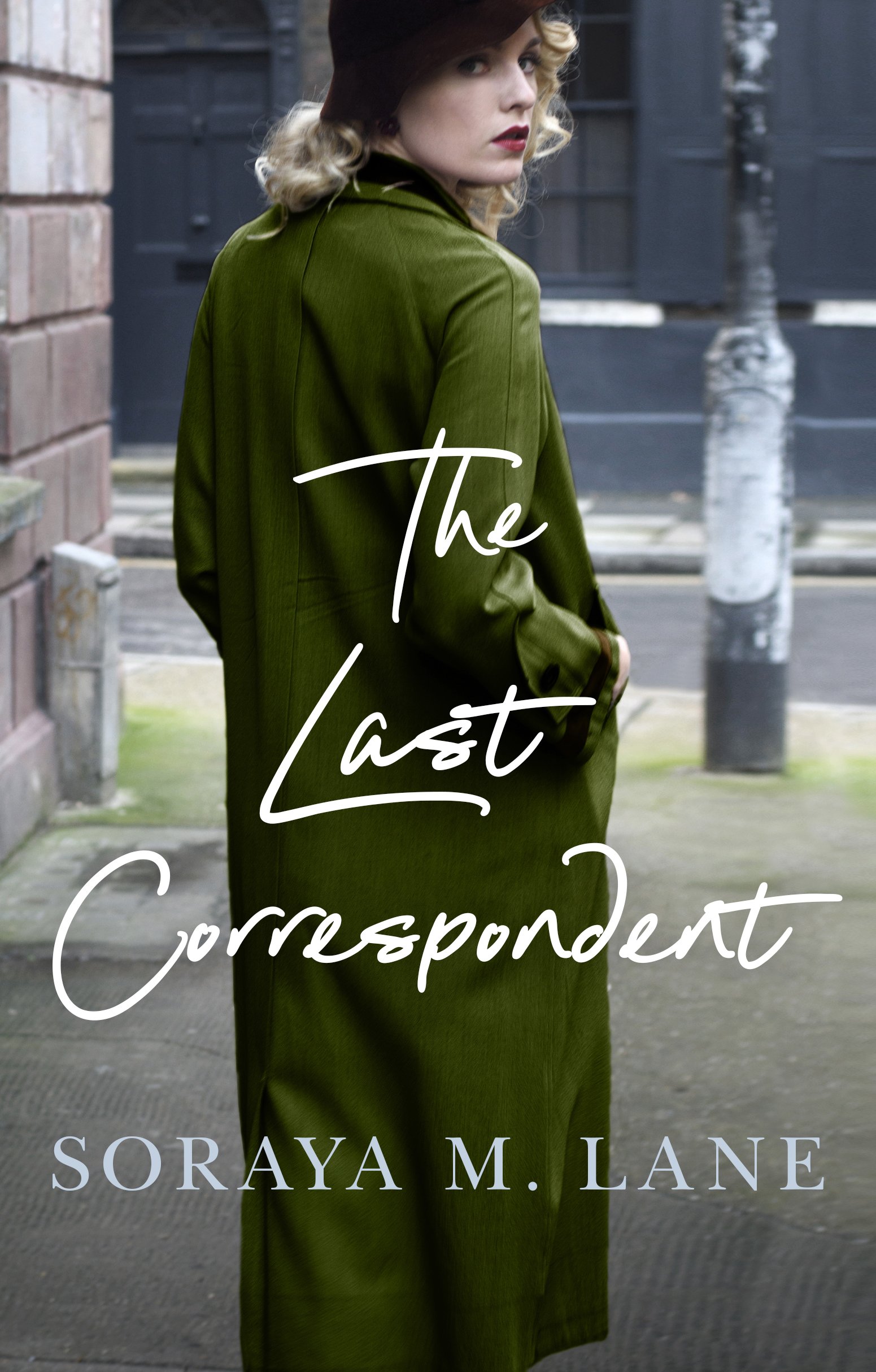
The Last Correspondent
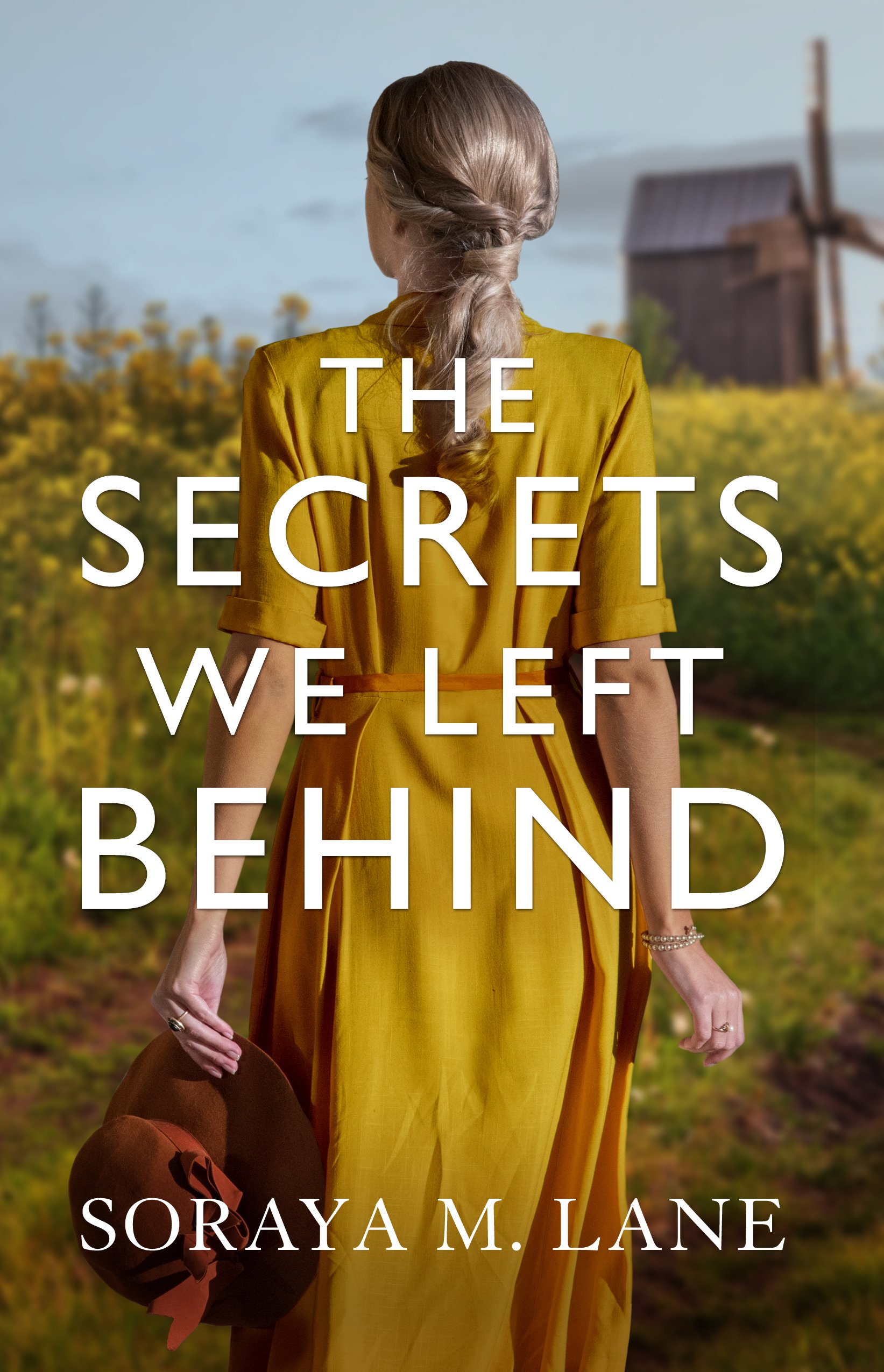
The Secrets We Left Behind
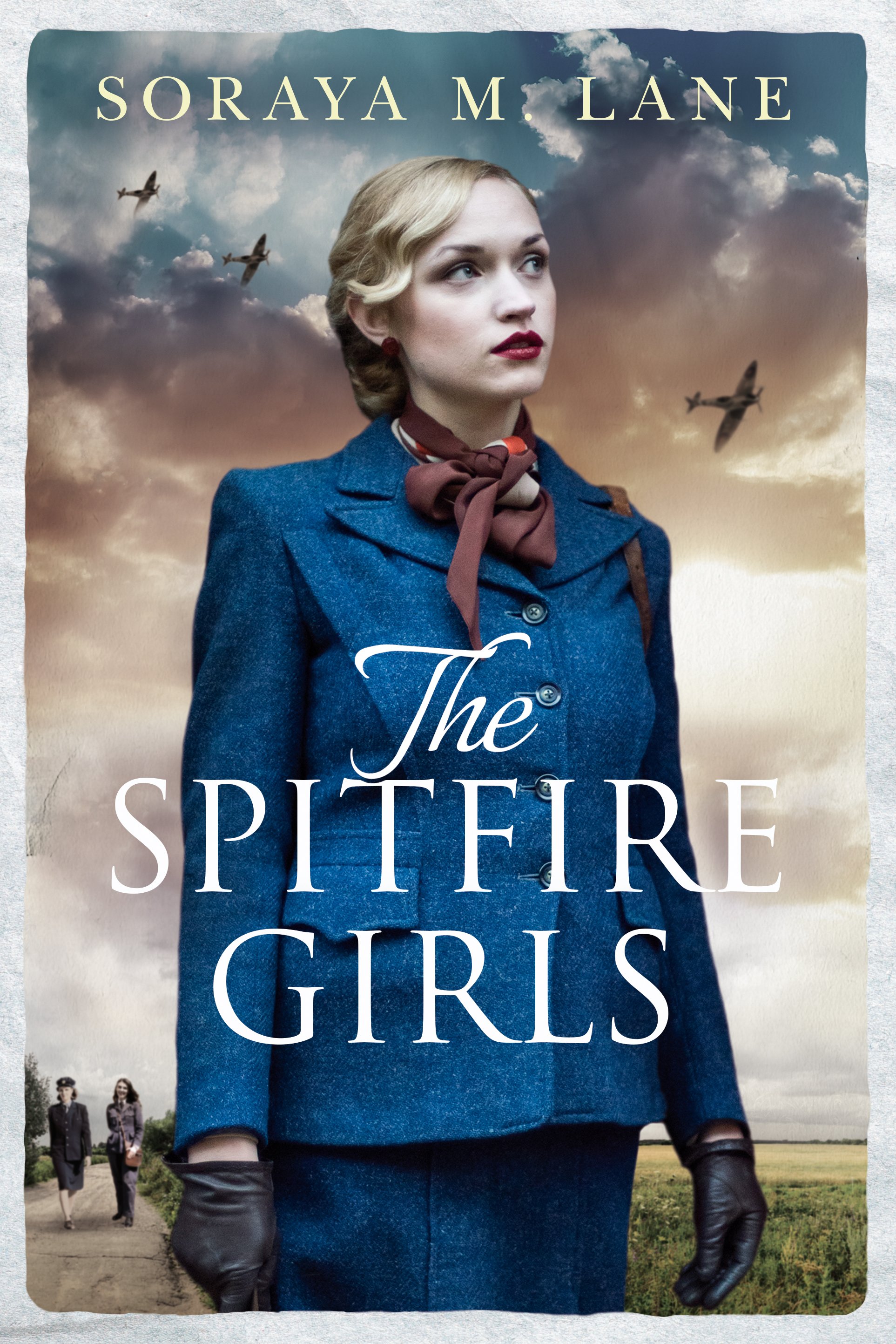
The Spitfire Girls

Hearts of Resistance
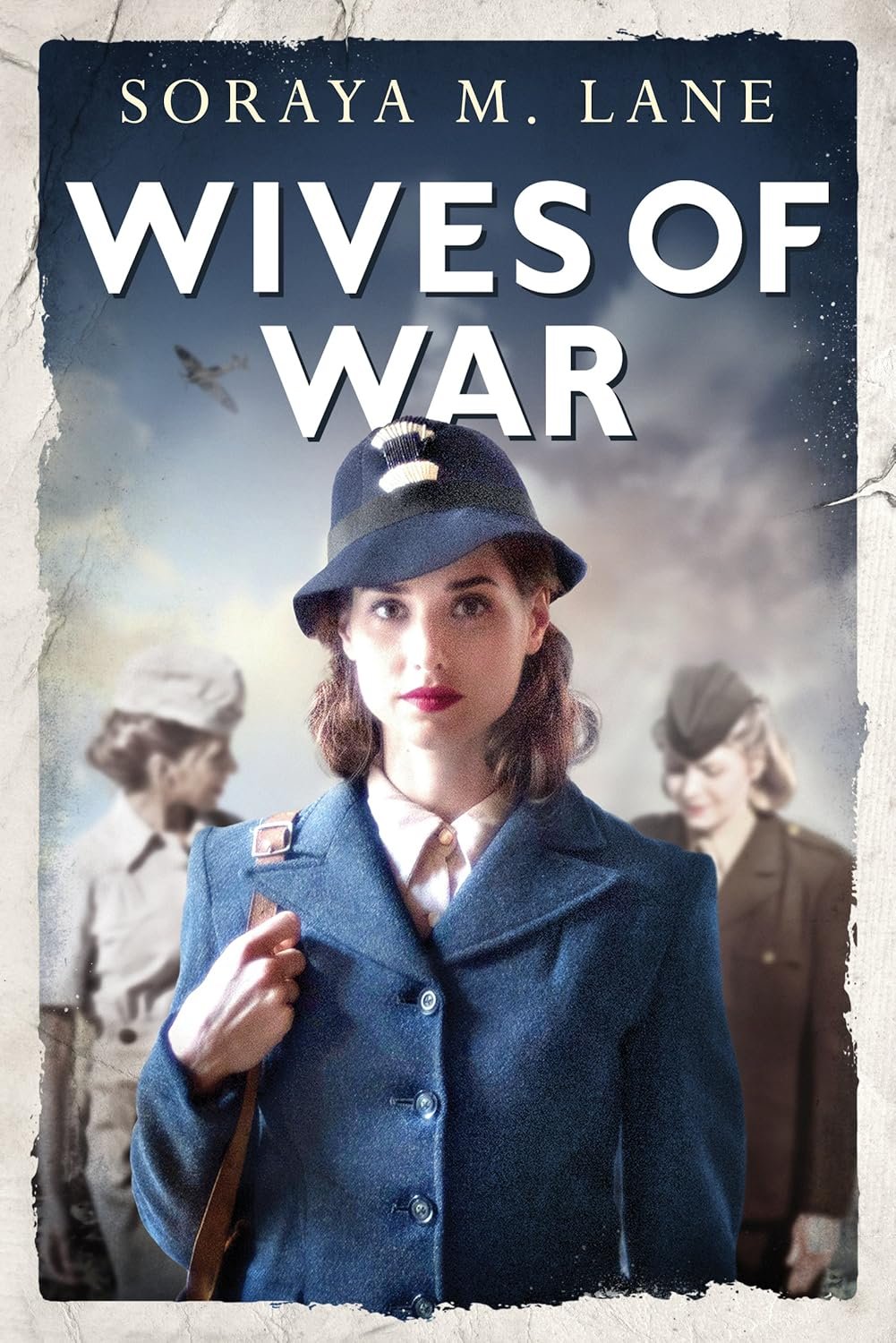
Wives of War
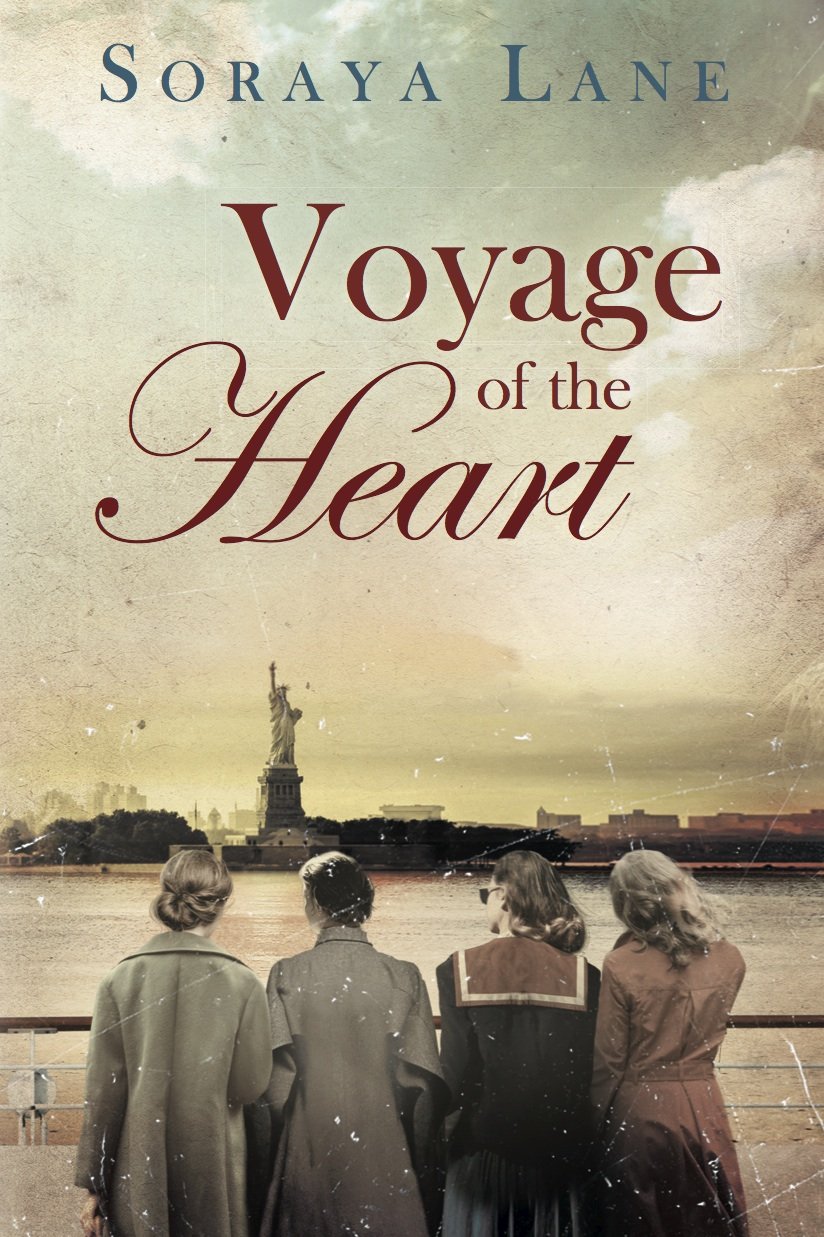
Voyage of the Heart
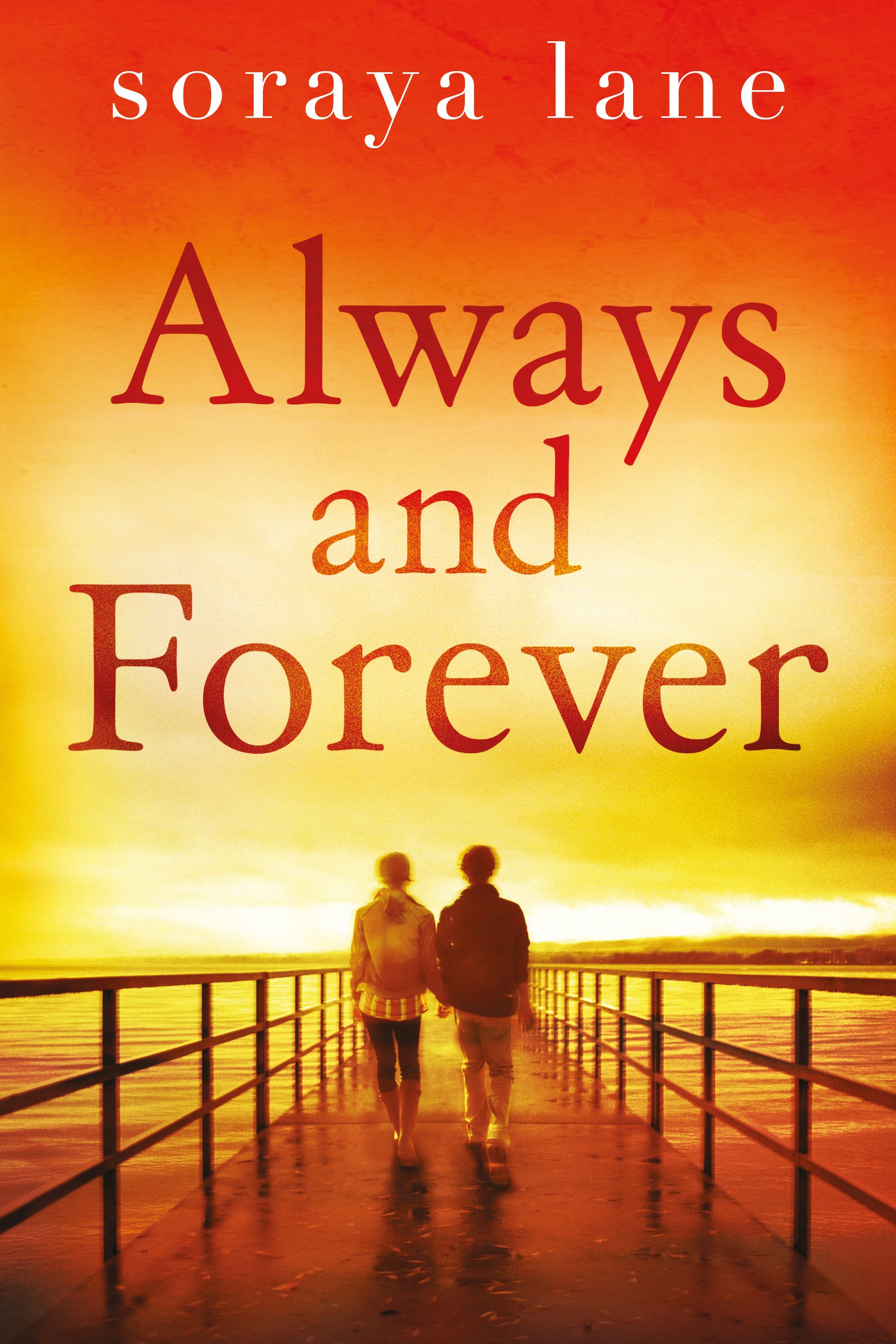
Always and Forever
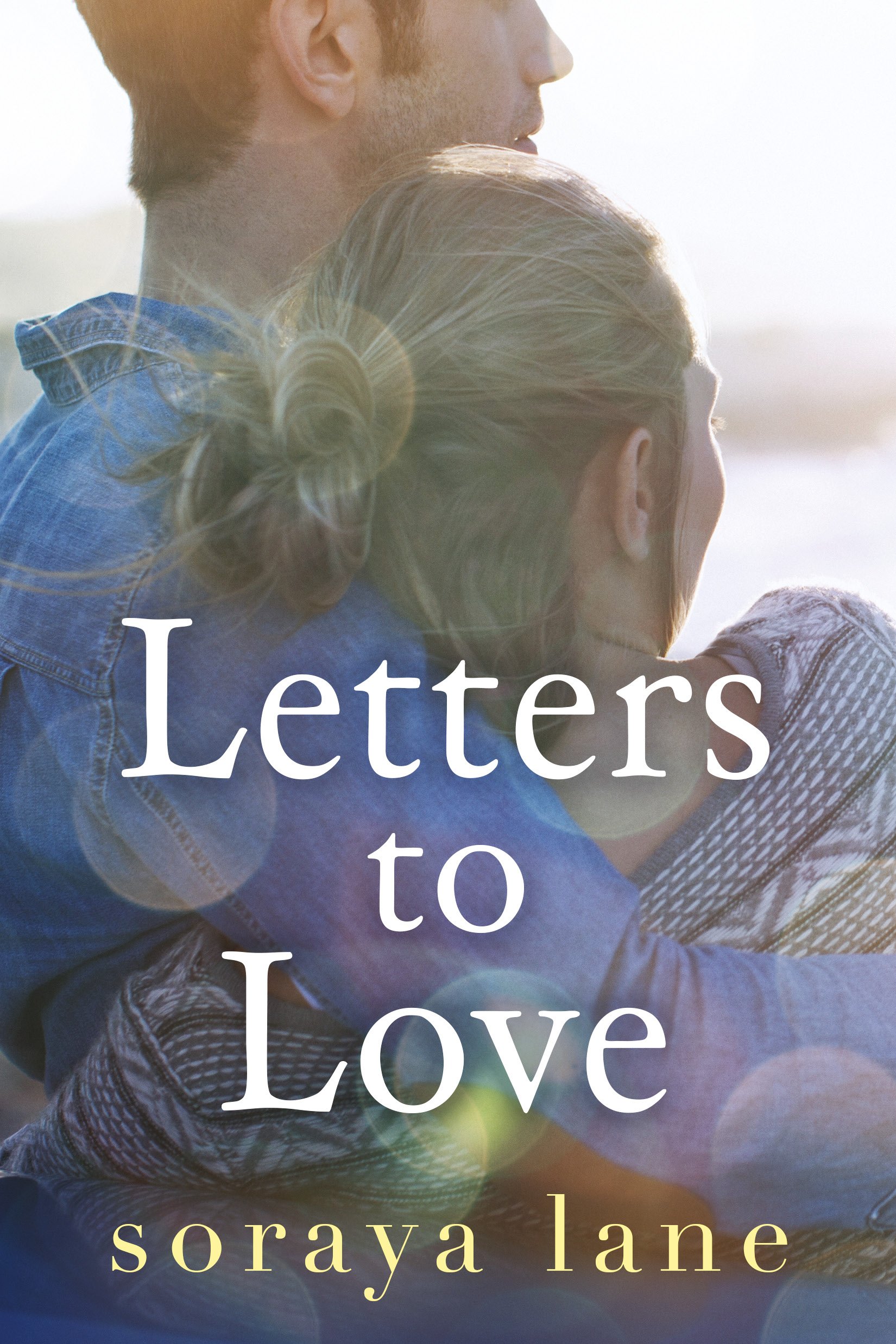
Letters to Love
Reviews
-
"An escapist read I simply couldn't put down, the backstory with its romantic forbidden love story. It's so emotional, one decision takes a second to make but the consequences will last a lifetime. I so wanted the outcome to be different. I am captivated every time I read a book by the author. I highly recommend this must-read book."
Deanne Patterson
-
"I loved reading about the two intertwined love stories. Both storylines are gripping and emotional and I was completely engrossed. I can’t wait for the next installment in this outstanding series."
Carla Suto
-
"Soraya excels at engaging her readers with relatable characters, making you feel like party of the family the characters are seeking. Reading with teary eyes can be quite challenging!"
Karen | Goodreads


